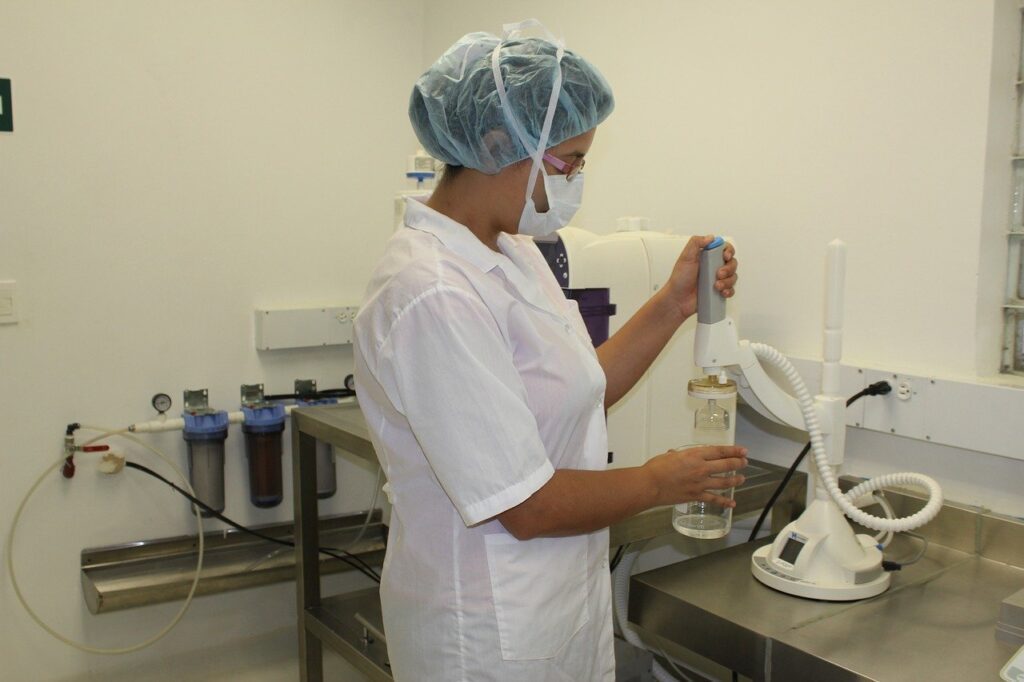A new clinical trial is starting for Friedreich’s ataxia (FA). This trial will investigate if supplementation of vitamin D in its active form, also known as calcitriol, will aid in the production of frataxin. As lower than normal levels of the protein frataxin is the underlying cause of FA, this therapy could lead to significant benefits for patients.
FA patients face difficulty with muscle control, as nerve cells within the spinal cord and brain die due to the lack of frataxin. If a simple vitamin could mitigate these effects, it would be life-changing.
The Study
Researchers have already found that calcitriol increases the production of the frataxin protein in cell models of FA. This finding led to human clinical trials.
This upcoming trial will be a year-long investigation. It will examine a dose of .25 micrograms. Patients will take this dose every day during the trial.
All participants will be vaccinated for COVID-19 prior to the trial to ensure safety. The team hopes to recruit 20 patients. All must have a FA diagnosis with 2 GAA repeats within the FXNgene. Alternatively, they may have 2 point mutations in FXN. Further, all participants must be between 16 and 65 years of age. During the year, all participants will visit the trial site 6 times.
The primary goals of this trial are to assess –
- Quality of life (Measured by: SF36 questionnaire)
- Neurological function (Measured by: Nine-hole peg test, scale for the assessment and rating of ataxia, eight meters walking test)
- Frataxin production (Measured by: Blood draw)
Other assessments will be made regarding general safety as well as any risk of high calcium levels (hypercalcemia).
The investigation will be located at Hospital Santa Caterina and will begin in September 2021. To hear more about how to enroll, visit this website.
Looking Forward
This trial will be run by the Biochemistry of Oxidative Stress Group (BOSG), the University of Lleida, and the Biomedical Research Institute of Lleida (IRBLleida). The team is hopeful about the potential of this treatment.
If the current investigation pans out as expected, larger trials will be organized to further understand the potential efficacy of this treatment.
You can read more about this therapy and the current trial here.








